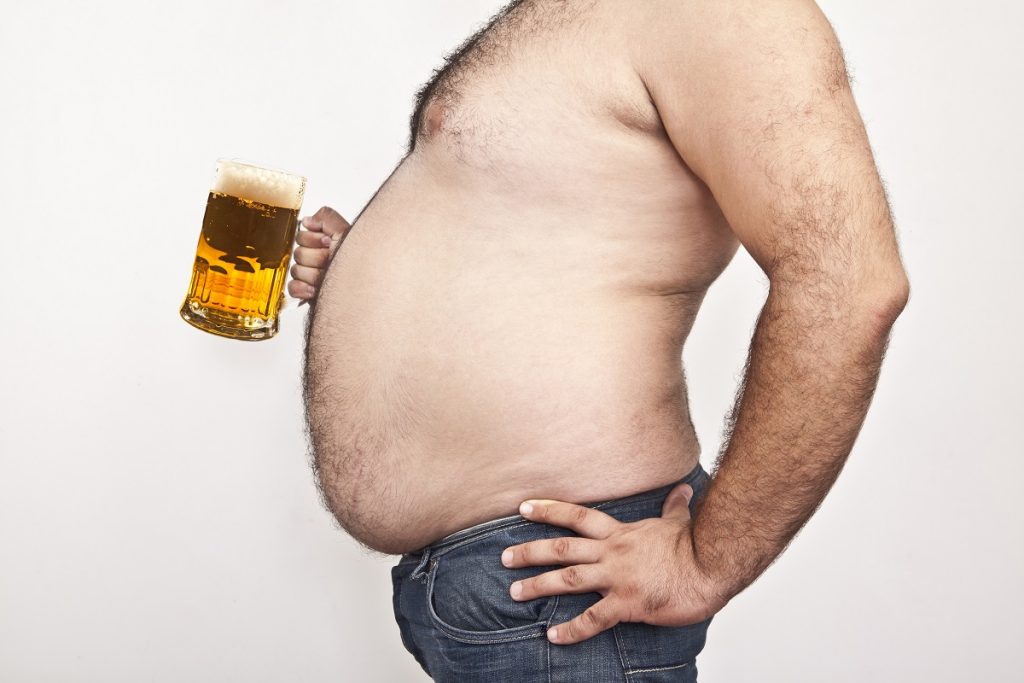- Regular exercise and a balanced diet ensure physical well-being and independence for older adults.
- Preventive health care plays a crucial role in the early detection and effective management of chronic diseases in older adults.
- Cognitive fitness and social activities prevent cognitive decline and loneliness in aging individuals.
- Adequate sleep and stress management techniques contribute to overall health and emotional well-being.
- Maintaining good oral hygiene practices is crucial in preventing common oral health issues that older adults may face.
As individuals age, their bodies experience notable transformations that can influence their physical, mental, and emotional well-being. In light of these changes, adopting healthy lifestyle habits and prioritizing regular preventive care becomes crucial. By doing so, individuals can effectively preserve their health and wellness throughout their golden years.
Maintaining health and wellness in the golden years is crucial. As we age, our bodies change and require proactive measures for optimal health. Embracing healthy lifestyle choices like regular exercise, a balanced diet, and stress management is vital.
Seeking routine preventive care with check-ups and screenings enables early detection and intervention, promoting a long and fulfilling life. Maintaining health at one age should be a top priority. Aging individuals can empower themselves by making informed choices that positively impact their physical, mental, and emotional health.
Individuals can enhance their vitality and well-being by embracing healthy habits, such as regular exercise, eating nutritious foods, and prioritizing self-care. This blog will discuss tips and advice to promote health and well-being for older adults.
Physical Well-Being

Physical well-being is paramount for older adults to maintain an active lifestyle and preserve independence. By prioritizing their physical well-being, older adults can continue to enjoy a fulfilling and independent life. The following are essential tips to promote physical well-being:
Regular Exercise and Mobility

Strength training exercises, like weightlifting and resistance bands, help maintain muscle mass and increase bone density, which decreases with age. Walking, cycling, and other low-impact exercises improve cardiovascular health muscle endurance, and burn calories.
Balance training exercises, such as standing on one foot, can reduce the risk of falls, a common cause of injuries in older adults.
Nutrition and Diet
Eating a healthy diet is essential for maintaining good health as we age. A balanced diet low in saturated fats and processed foods and high in vegetables, fruits, whole grains, and lean protein is ideal. Adequate hydration is also critical, especially for older adults who may be less aware of thirst.
Preventive Health Care
Preventive health care is crucial for older adults since many chronic diseases become more prevalent with age. Regular check-ups, screenings, and immunizations are critical to detect and prevent chronic disease early. Taking medications as prescribed and following up with physicians regularly can also prevent medication-related problems
Mental and Emotional Health
Maintaining a fulfilling and satisfying life as older adults requires us to prioritize our physical health and mental and emotional well-being. Nurturing our mental health allows us to cultivate resilience, cope with life’s challenges, and foster the following:
Cognitive Fitness
Cognitive fitness involves engaging the brain in challenging and stimulating activities like reading, learning new skills, playing games, and socializing. Mental stimulation helps maintain cognitive function and reduces the risk of cognitive decline and dementia.
Emotional Well-Being
Loneliness and social isolation are common problems in older adults, leading to depression or anxiety. Staying connected with family and friends and participating in social activities like volunteering or attending senior centers can help maintain a healthy sense of well-being and reduce feelings of loneliness.
Sleep and Rest
Sleep is essential for overall health and well-being, and older adults require adequate and quality sleep for their bodies to recover. Poor sleep can impact cognitive function mood, and increase the risk of chronic diseases. Establishing a regular sleep routine and optimizing the sleep environment can significantly improve sleep quality.
Stress Management
Effective stress management has become more critical than ever in the golden years. Prolonged stress can severely affect physical and mental health, exacerbating chronic diseases and impairing cognitive functions.
Practicing mindfulness and relaxation techniques, such as deep breathing, meditation, and yoga, can help older adults control their stress levels, promoting a sense of calm and well-being.
Oral Health
Oral health often becomes more challenging in older adults due to oral health and hygiene changes. However, promoting good oral health care habits can help prevent oral health problems. Here are some tips to maintain good oral health:
Tooth Implants
Tooth implants are an exceptional and highly recommended option for older adults seeking a long-lasting solution to replace missing teeth. Permanent tooth implant restores the appearance of natural teeth and provides a seamless and comfortable fit that closely mimics the feel of natural teeth.
Moreover, apart from their aesthetic benefits, dental implants are crucial in preserving bone and gum health and promoting overall oral well-being.
Gum and Dental Care
Older adults should continue to receive regular dental cleanings and check-ups to prevent dental problems. Brushing twice a day, flossing daily, and using mouthwash avoid the buildup of plaque and tartar and help maintain healthy teeth and gums.
Common Oral Health Issues
Dry mouth, gum disease, and tooth decay are common oral health problems in older adults. Maintaining good oral hygiene and regular dental visits can help prevent these issues. As one age, it is essential to prioritize health and wellness in all aspects of life.
Maintaining health and wellness is crucial for older adults to lead an active and fulfilling life. Regular exercise, a healthy diet, preventive health care, and promoting mental and emotional well-being are essential for overall well-being.
Good oral health care practices and regular dental visits are equally important in preventing dental diseases that can cause serious health issues.